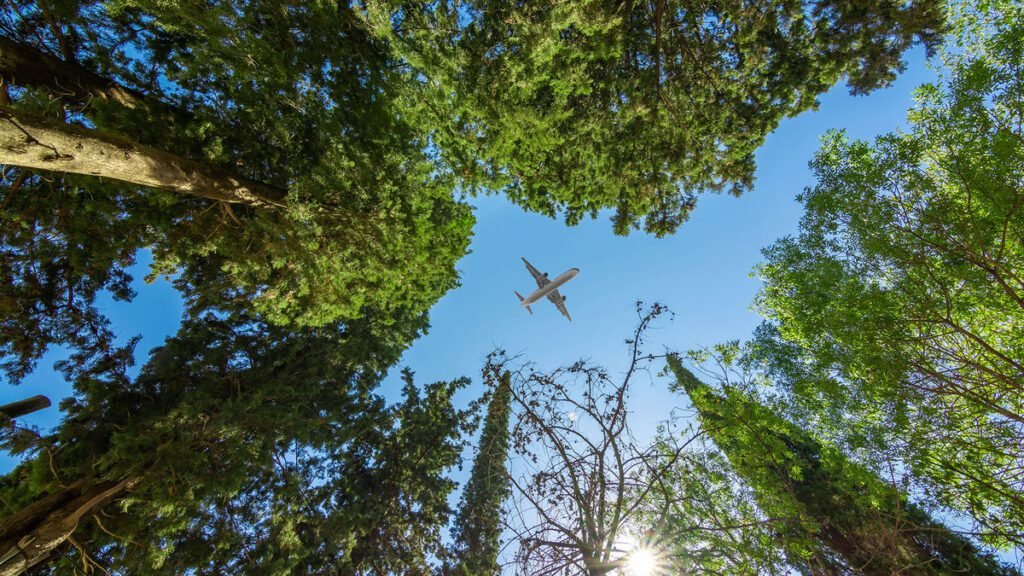NEW DELHI — Sustainable aviation fuel (SAF) production is projected to double in 2023, according to recent estimates from the International Air Transport Association (IATA). However, this increase will only address a mere 0.7% of the global aviation fuel requirements anticipated for 2025.
IATA forecasts that around 660 million gallons of SAF will be produced this year. Notably, approximately 60% of this output will be allocated to meet newly implemented SAF mandates in the U.K. and the EU, which require SAF to constitute 2% of the fuel supply this year.
Concerns Over SAF Costs
During its recent annual meeting, IATA reiterated its opposition to these mandates, highlighting that compliance fees imposed on SAF producers and suppliers have effectively doubled the cost of SAF in Europe. The trade group estimates these additional expenses could total $1.7 billion in 2023.
IATA’s director general, Willie Walsh, criticized the mandates, labeling them as “a great green scam,” during his keynote address at the IATA AGM. The organization asserts that rather than imposing mandates, governments should implement incentive programs to stimulate investment in SAF. IATA pointed out that global subsidies for fossil fuel production amount to around $1 trillion annually and advocates reallocation of a portion of these funds to support the development of SAF.
Global Commitment to Net-Zero Emissions
Airlines worldwide have set an ambitious goal of achieving net-zero emissions by 2050, with a significant 65% of these reductions expected to stem from increased usage of SAF. IATA estimates that the transition to SAF will come with a staggering cost of approximately $4.7 trillion. Despite the significant financial burden, IATA’s chief economist, Marie Owens Thomsen, asserts that the goal is attainable, as stated during a June 1 press briefing.
IATA maintains that sufficient feedstock exists to facilitate the SAF transition required for the 2050 emissions pledge. However, there remains a pressing need for government commitments to support this transformation. “The thing that’s really missing is the courage and will to take on vested interests,” remarked Thomsen.



